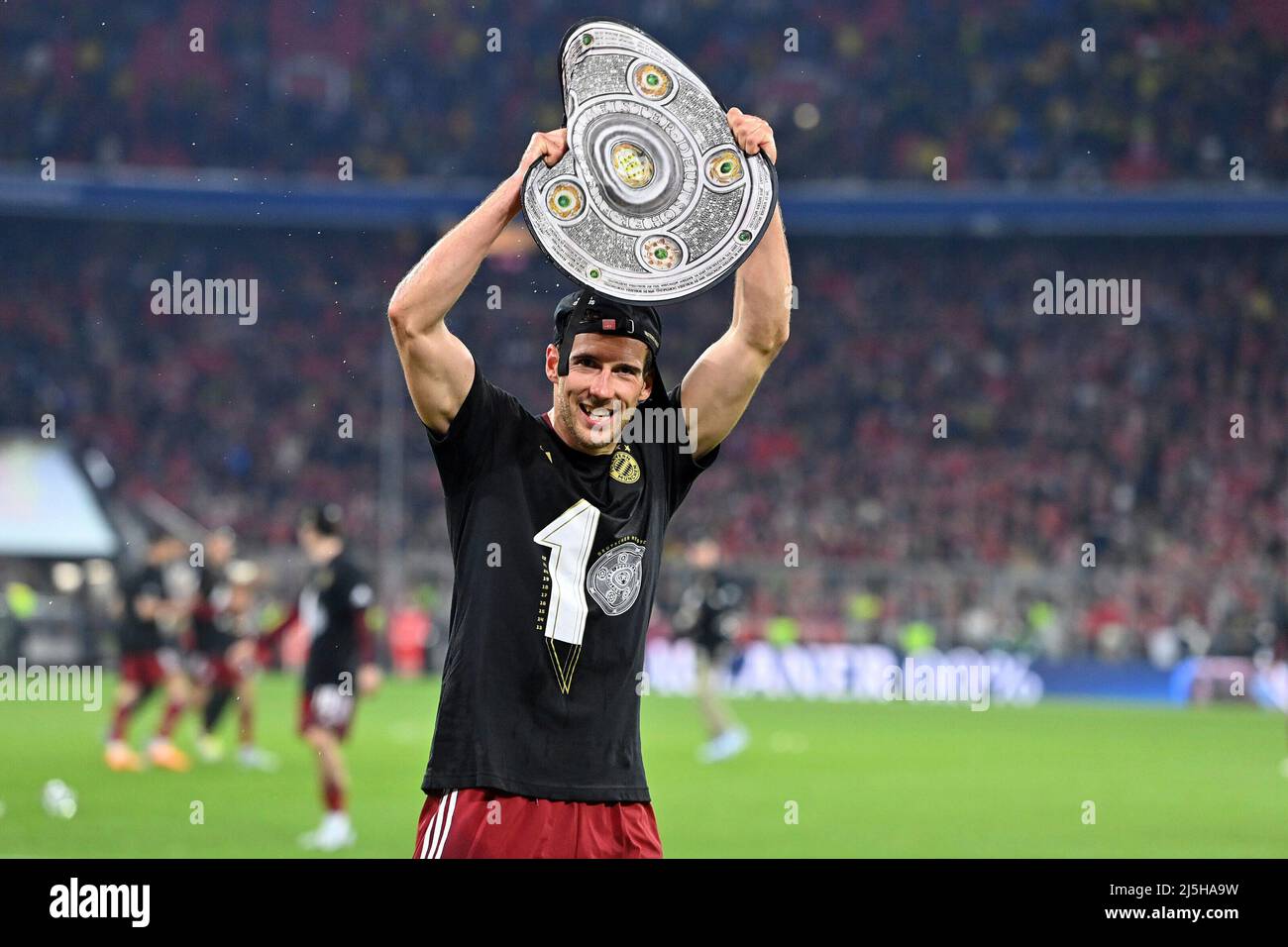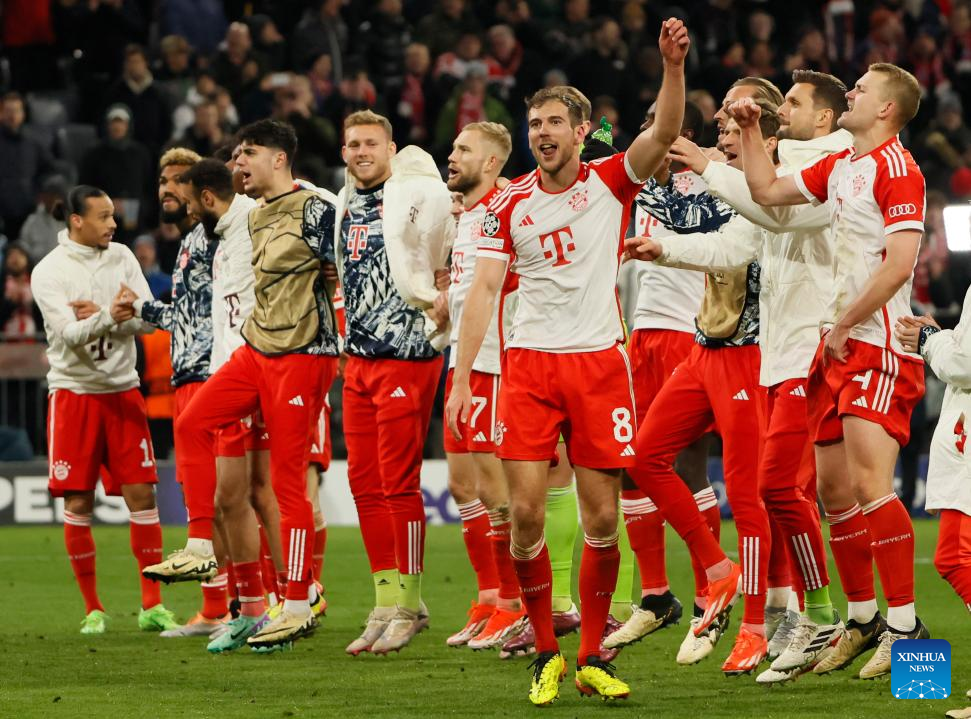The Bundesliga was founded in 1963, and since its inception, several clubs have claimed the title of German champions. However, none have been as consistently successful as Bayern Munich.
The Early Dominance of Bayern Munich
Since the Bundesliga's establishment, Bayern Munich has won the championship a staggering 32 times, more than any other club. In the league's early years, Bayern Munich quickly established itself as the team to beat, winning the title in 1969, 1972, and 1973.
The Rise of Other Contenders
While Bayern Munich's early dominance was impressive, the league soon saw the emergence of other formidable clubs, such as Borussia Mönchengladbach and Hamburger SV, who challenged the Bavarian giants for the league crown. This period of increased competition in the 1970s and 1980s saw the Bundesliga become one of the most exciting and unpredictable leagues in Europe.
The Return of Bayern's Supremacy
Despite the challenges posed by other clubs, Bayern Munich eventually reasserted its dominance in the Bundesliga, winning the title in 1980 and then embarking on an impressive streak of success in the 1980s and 1990s. This period solidified the club's status as the undisputed kings of German football.
See more: 68gamebai
Bayern Munich's Dominance: A Decade of Success

Germany has a rich and storied history in the world of football, with the Bundesliga, the country's top professional league, being one of the most prestigious and competitive in Europe. At the heart of this success lies Bayern Munich, the dominant force in German football for over a decade.
The History of German Football Champions

While Bayern Munich has been the undisputed champion of German football for much of the Bundesliga's history, other clubs have experienced their own ups and downs in the league.
Borussia Dortmund: Bayern's Closest Rival
Borussia Dortmund has emerged as Bayern Munich's closest rival in recent years, challenging the Bavarian giants for the Bundesliga title on several occasions. The club's success has been fueled by the development of talented young players and the guidance of renowned managers such as Jürgen Klopp.
The Decline of Historic Clubs
In contrast, some of the Bundesliga's historic clubs, such as Hamburger SV and 1. FC Köln, have struggled to maintain their former glory, experiencing periods of decline and relegation from the top flight. This has highlighted the constant need for clubs to adapt and reinvent themselves to remain competitive in the ever-evolving landscape of German football.
The Rise of Newcomers
Interestingly, the Bundesliga has also seen the emergence of newer clubs that have managed to challenge the traditional powerhouses. RB Leipzig, for example, has quickly established itself as a force to be reckoned with, challenging Bayern Munich for the league title and making a name for itself on the European stage.
The Impact of the Bundesliga on German Football

In the 21st century, Bayern Munich's dominance in the Bundesliga has been unparalleled, with the club winning the league title an astounding 10 times in the past 11 seasons.
The Guardiola Era
The arrival of legendary manager Pep Guardiola in 2013 marked the beginning of a new era of success for Bayern Munich. Under Guardiola's guidance, the club won three consecutive Bundesliga titles, cementing its status as the powerhouse of German football.
The Heynckes Resurgence
After Guardiola's departure, Bayern Munich turned to the experienced Jupp Heynckes, who led the team to a historic treble in the 2012-13 season, winning the Bundesliga, the DFB-Pokal (German Cup), and the UEFA Champions League.
The Flick Phenomenon
More recently, Bayern Munich has continued its domestic dominance under the leadership of Hansi Flick, who took over as interim manager in 2019 and quickly turned the team into a well-oiled machine. Flick's tactical acumen and ability to get the best out of his players have been instrumental in Bayern's continued success.
The Rise and Fall of Other German Football Clubs
/origin-imgresizer.eurosport.com/2024/05/01/3960121-80397128-2560-1440.jpg)







